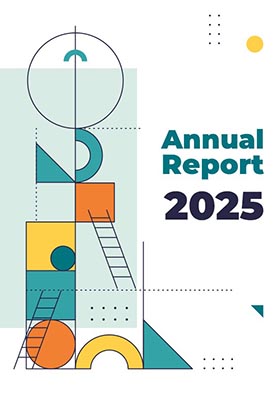Associate Professor of Dental Public Health, Elham Kateeb, in collaboration with Temple University's Oral Epidemiology and Statistics team, conducted a study on the prevalence and risk factors associated with early childhood caries (ECC) among Palestinian preschoolers living in the Jerusalem area. The study's findings, published in BMC Oral Health, provide insights into the behavioral and social determinants of ECC in this population and highlight the need for community-based interventions to address the issue.
The study examined a marginalized population facing significant economic, political, and social challenges. By focusing on this specific population, the study emphasizes the importance of addressing health equity in oral health research. The large sample size and use of standardized measurement tools strengthen the validity of the study's findings. The study's multivariate analysis also allowed for the identification of multiple behavioral and social determinants of ECC, providing a nuanced understanding of the complex interplay between these factors and oral health outcomes.
The study's findings identify multiple behavioral and social determinants of ECC, including poor oral hygiene practices, frequent sugary snack consumption, low parental education, and low family income. In addition, psychological factors such as Locus of Control, Parental stress and Social Support were assessed in the study and found to be detrimental factors in elevated disease levels. These results highlight the impact of social determinants of health on oral health outcomes.
Moreover, the study's recommendations emphasize the need for community-based interventions that consider cultural, social, and economic factors in addressing ECC in this population. These interventions aim to address health equity especially in areas with special political context by providing accessible oral health services that consider the unique challenges faced by marginalized communities.The findings of the current study underscore the importance of addressing health equity in oral health research and practice.




